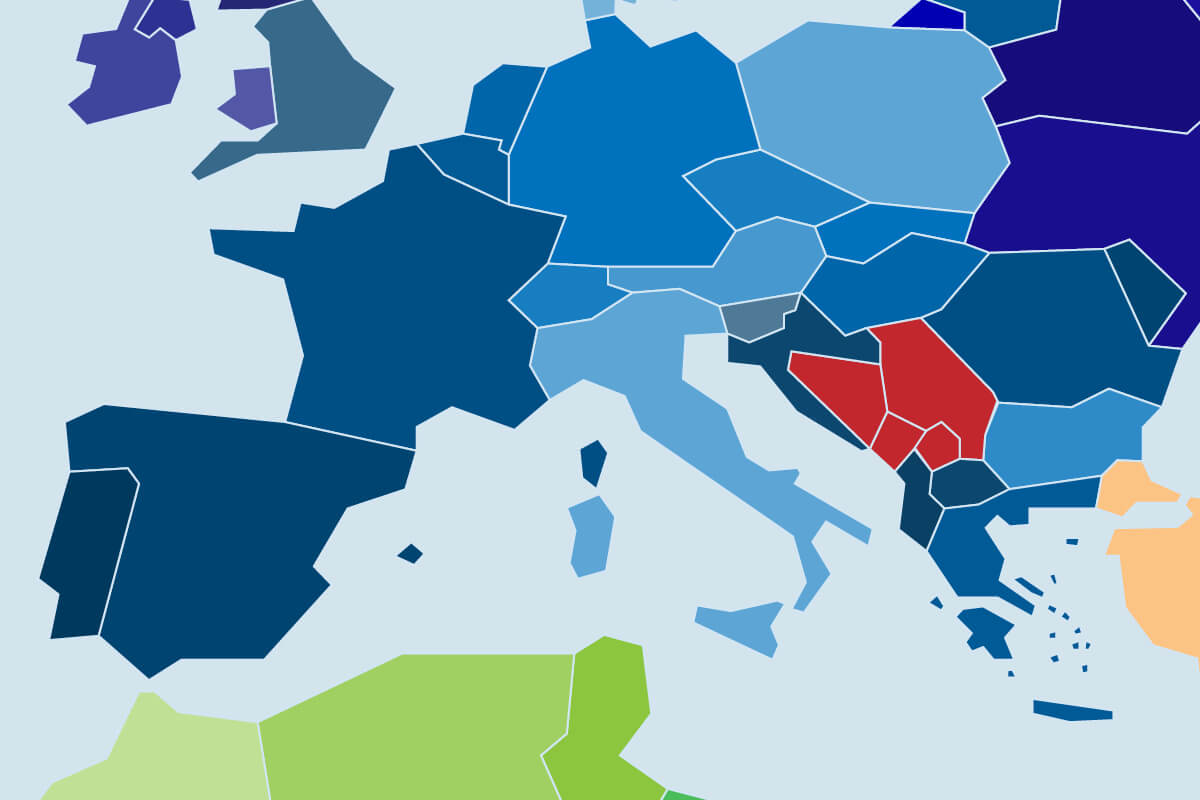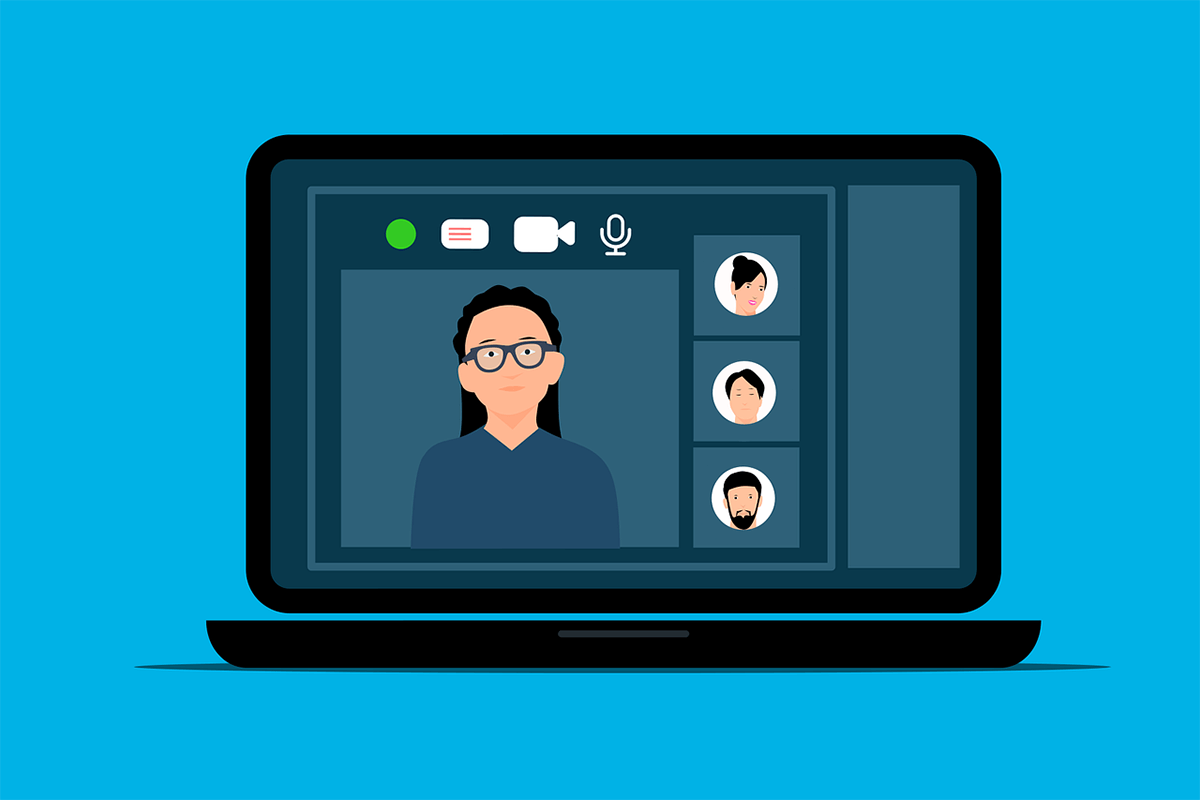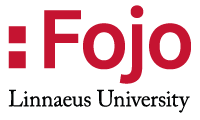In the Western Balkans working conditions for journalists have deteriorated dramatically in recent years. Journalists regularly face harassment, smear campaigns and pressure from political actors and others in power. In addition, threats to the safety of journalists have long been a concern, with physical or verbal attacks on journalists increasing significantly in recent years. Unfortunately, most governments in the area do not do enough to protect journalists.
In 2021 Fojo implemented a 16-month pilot project focusing on working conditions for journalists in 10 countries, including in the Western Balkans. The view of partners there was that the work to improve working conditions needed to be scaled up and involve several actors to achieve greater impact.

4
countries participating (Kosovo, Bosnia & Hercegovina, Serbia, Montenegro)

16
media managers and directors participating in this project

6
webinars will take place during this project




